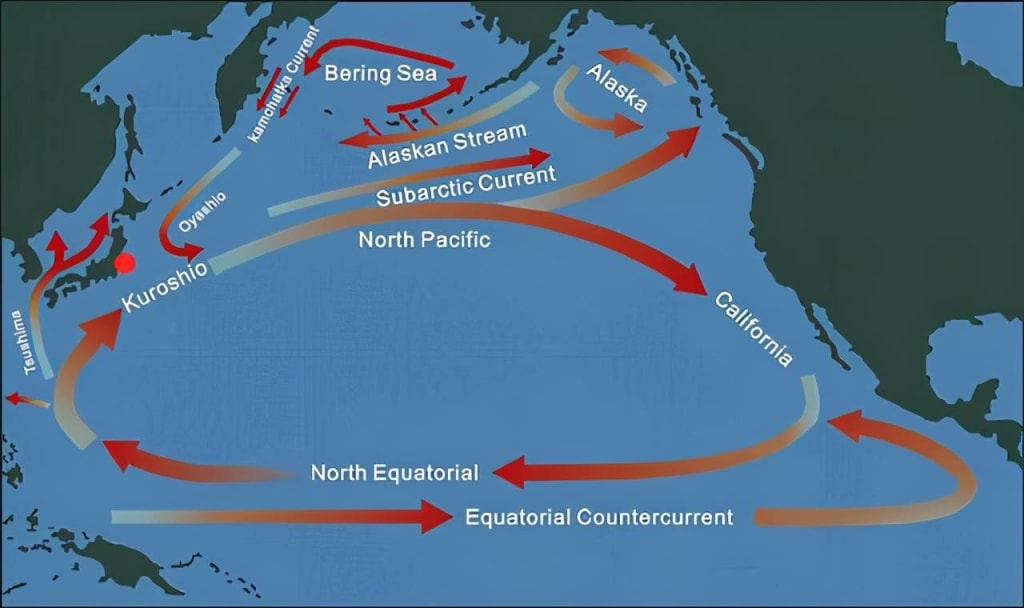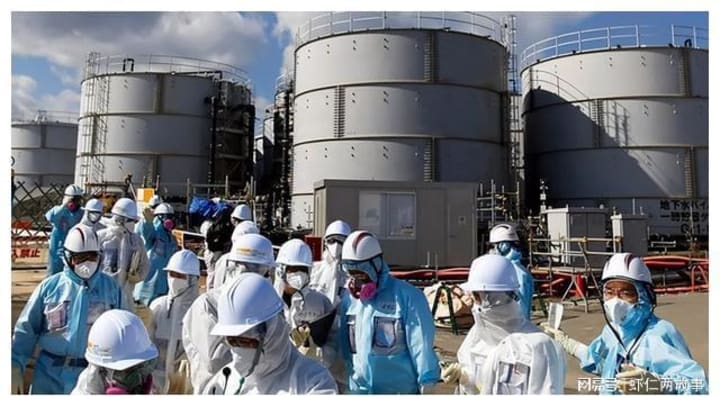
The Fukushima Daiichi nuclear disaster in 2011 was a wakeup call for Japan regarding the risks and consequences of nuclear power. The meltdown at the Fukushima plant following the massive earthquake and tsunami resulted in radioactive emissions that contaminated large areas and forced thousands to evacuate. Nearly ten years later, many in Japan are still dealing with the aftermath. 😢
While the disaster led Japan to suspend its nuclear reactors for safety reviews, many have since come back online. Today, nuclear power remains a key part of Japan's energy mix, accounting for about 6% of the country's total electricity generation. However, serious concerns linger regarding the transparency and regulation of the nuclear industry. Criticism has mounted over the government's approach to nuclear safety, its relationship with the industry, and a lack of clarity regarding nuclear emissions. 🤔

Reports indicate that Japan's nuclear regulators have allowed safety standards and inspections to weaken over time, while covering up or downplaying safety lapses at nuclear plants. The cozy relationship between the government and the nuclear industry has led to accusations of lax oversight and a lack of accountability. For instance, in 2016 it was revealed that the industry-funded Japan Nuclear Safety Institute had received approval to conduct reactor inspections even though it is not technically qualified to do so. 😡
There are also longstanding questions regarding the disclosure of information about nuclear emissions. While plant operators are required to report any radiation leaks or spills, critics allege that minor incidents often go unreported. The standard for reporting such leaks is considered vague, giving operators wide discretion. Furthermore, utilities are not obligated to disclose how much radiation or nuclear waste their plants release during normal operations. 😱
Independent experts argue that Japan must institute stricter emissions monitoring and public disclosure to establish trust and protect public health. They point to the fact that the normal operation of nuclear plants results in the release of radioactive isotopes such as tritium and noble gases. Unlike during a serious accident, these emissions do not grab headlines but may carry risks if not properly tracked, measured, and communicated. 🤫
Research has shown elevated levels of radiation and radioactivity in areas surrounding Japanese plants like Fukushima and Tsuruga. One study detected increased rates of radioactive cesium in children living near the Tsuruga plant. However, some academics claim research on the health effects of low-level emissions has been limited in Japan due to industry influence and the sensitivity of the topic. 😣
Bringing Japan's nuclear industry practices regarding emissions more in line with international standards will require reforming relationships between regulators, operators, and the public. One proposal is to establish a truly independent nuclear regulatory agency, rather than the current system where oversight is split across multiple government ministries. Authorities must also increase inspection requirements, enforce transparency laws, and strengthen rules regarding the disclosure of safety breaches. 💪
Ultimately, Japan faces a critical choice regarding its energy future and the role of nuclear power. While strengthening safety practices and increasing transparency may help address public concerns, fundamentally reforming the industry's culture and governance will be a larger challenge. Japan must decide whether it is committed to increasing access to emissions data, implementing global best practices, and prioritizing public wellbeing over industrial interests. The coming years will determine if Japan embraces transparency and makes the reforms necessary to balance its energy needs with the safety and wishes of its citizens. 🤞
About the Creator
德华张
I am a little bird.






Comments
There are no comments for this story
Be the first to respond and start the conversation.